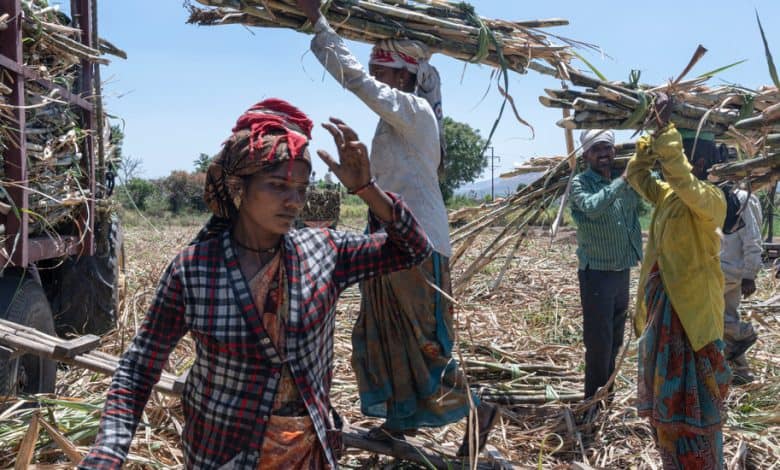We Spent Months With India’s Sugar Cutters. Here’s What We Found.

Women who cut sugar cane in the Indian state of Maharashtra are getting unnecessary hysterectomies, often as a way to keep working, undistracted by periods, pregnancies or gynecological checkups.
My colleagues and I traveled across the impoverished district of Beed, which is home to many migrant sugar-cane workers. We visited tiny villages and met laborers in their homes. We talked to their employers, visited sugar mills, interviewed doctors and reviewed medical records.
What we found was a brutal system of labor that exploits children, encourages child marriage, keeps families in debt to their employers — and culminates with women feeling they have no choice but to get hysterectomies.
We interviewed women who cut sugar cane for companies that supply household brands including Coca-Cola and a major franchisee of PepsiCo, which have helped make the state a powerhouse for sugar, one of India’s most important industries.
Many women see a hysterectomy as the only option.
Some women sought the surgery to avoid menstruating in the fields, where workers sleep beneath tarps with no running water or toilets. Menstrual pads are expensive and hard to find, and there’s nowhere to dispose of them. Women often address their periods with cloth that they wash by hand.
Others saw the surgery as an alternative to routine gynecological care. To take a day off for a doctor’s visit, women must not only sacrifice income, but pay a fee to their employers.